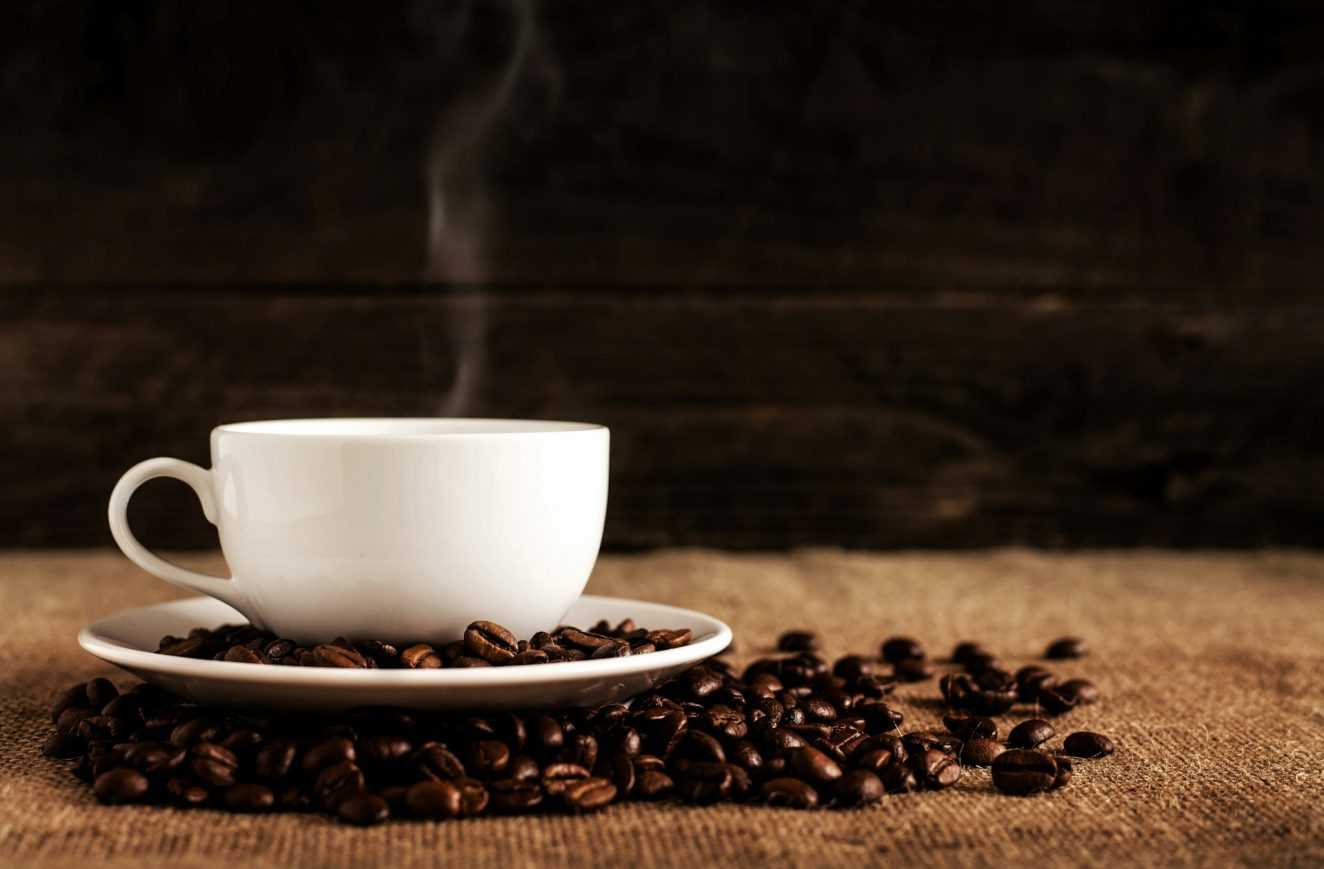Coffee and tea, the elixirs of life, grace our daily routines with a dose of energy and joy. However, while these beverages offer numerous health benefits in moderation, excessive caffeine intake can cast a shadow on our well-being.

Anxiety
The boost of alertness from caffeine, at higher doses, can trigger anxiety and nervousness. Caffeine-induced anxiety disorder is a recognized condition, and extremely high daily intakes can lead to nervousness and jitteriness. Even moderate doses may cause stress in caffeine-sensitive individuals, highlighting the importance of mindful consumption.
Insomnia Intrusion
While caffeine is known for keeping us awake, excessive intake can hinder restorative sleep. Studies show that higher caffeine intake increases the time it takes to fall asleep and may decrease total sleeping time. The timing of caffeine consumption is crucial, as it can linger in the system for hours, affecting sleep quality.
Digestive Distress
Caffeine’s laxative effect, aiding bowel movement, can turn into digestive distress with large doses. Excessive caffeine may lead to loose stools or worsen conditions like gastroesophageal reflux disease (GERD). Awareness of caffeine content in various sources and a reduction in intake may alleviate digestive issues.
Muscle Meltdown
In rare cases, excessive caffeine intake has been linked to rhabdomyolysis, a condition causing muscle breakdown and potential kidney failure. While this is uncommon, it emphasizes the importance of limiting daily caffeine intake, especially for those unaccustomed to higher amounts.
The Chains of Dependence
High doses of caffeine may lead to psychological or physical dependency, even though it doesn’t cause classic addiction. Regular high caffeine users may exhibit bias for caffeine-related words and experience stronger cravings during withdrawal, signaling a dependence on its effects.

High Blood Pressure
Caffeine’s temporary surge in blood pressure may impact heart health, especially in non-regular consumers. Monitoring dosage and timing is crucial, as higher caffeine intake has been shown to raise blood pressure during exercise and in those with mildly elevated blood pressure.
Rapid Heart Rate
Excessive caffeine intake may cause a faster heartbeat or irregular rhythm, particularly in sensitive individuals. Extreme caffeine doses, as seen in some energy drinks, can lead to rapid heart rates and serious health complications.
Fatigue Flare-Up
While caffeine initially boosts energy, rebound fatigue can set in after its effects wear off. Consuming caffeine in moderate doses helps maximize benefits on energy without triggering rebound fatigue.
Frequent Urination
High caffeine intake stimulates the bladder, increasing urination frequency and urgency. Even those with healthy bladders might experience incontinence with excessive caffeine, emphasizing the importance of moderation.

When it comes to caffeine, balance is the key. While light-to-moderate intake unfolds health benefits, tipping the scales into excess may cast a shadow. A mindful assessment of sleep, energy levels, and other factors guides us to savor the benefits without succumbing to undesirable effects. So, let every sip be a conscious choice for a balanced and energized life.





